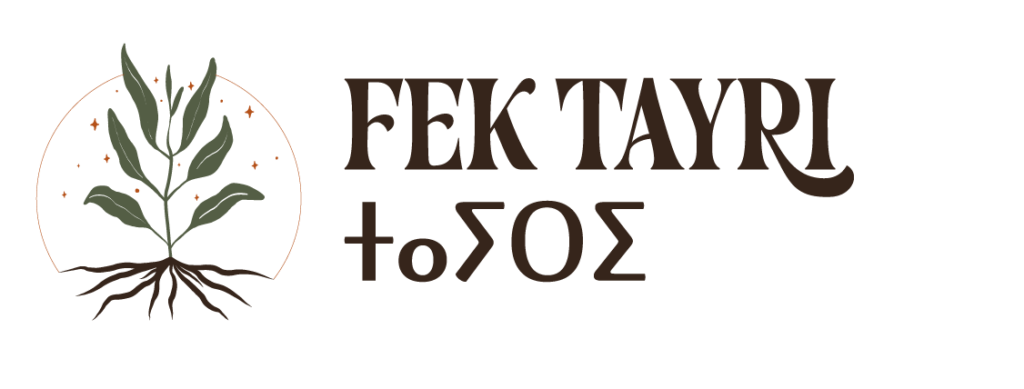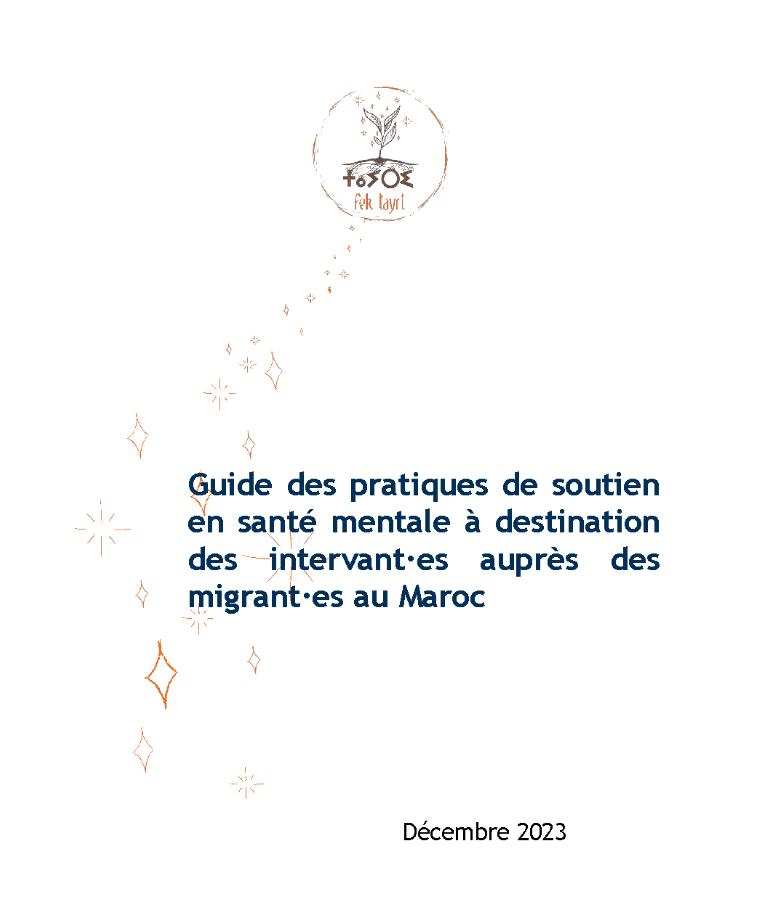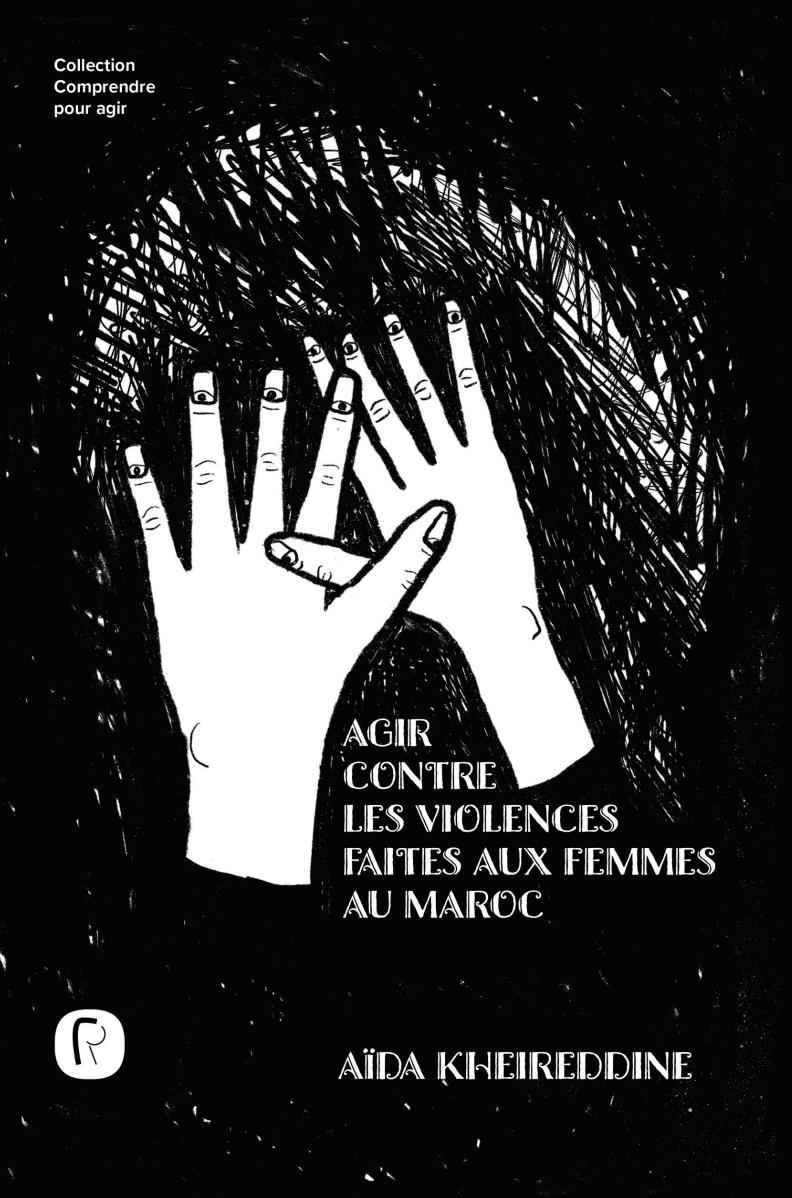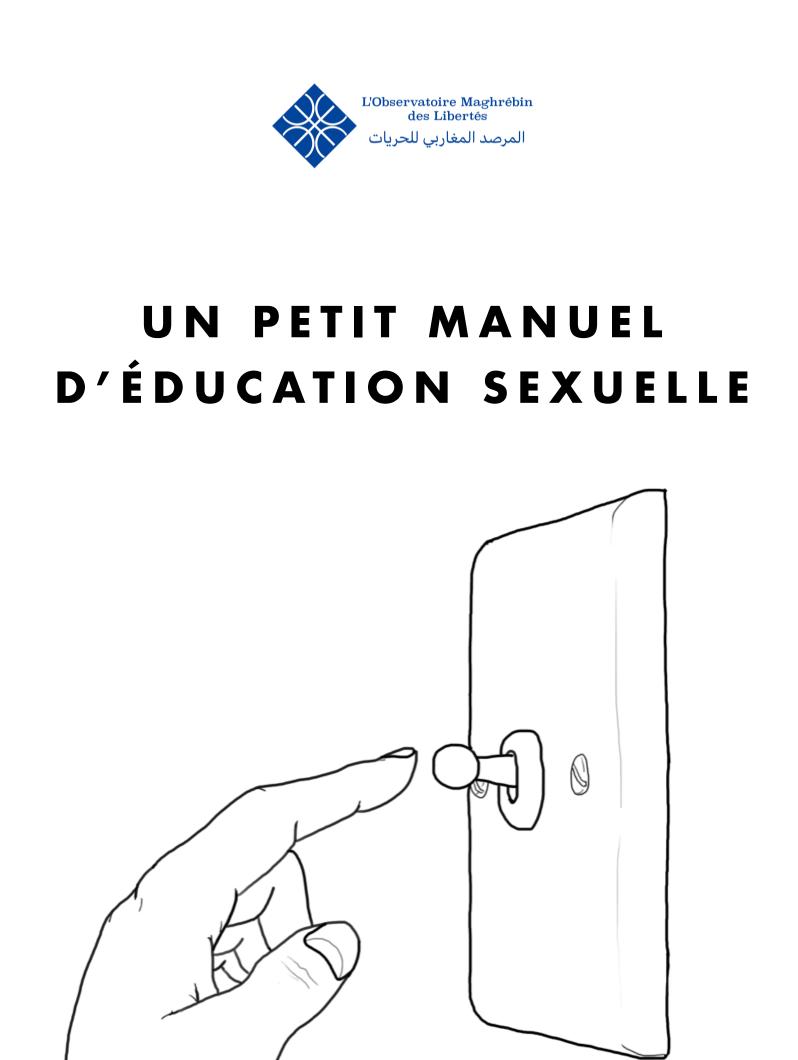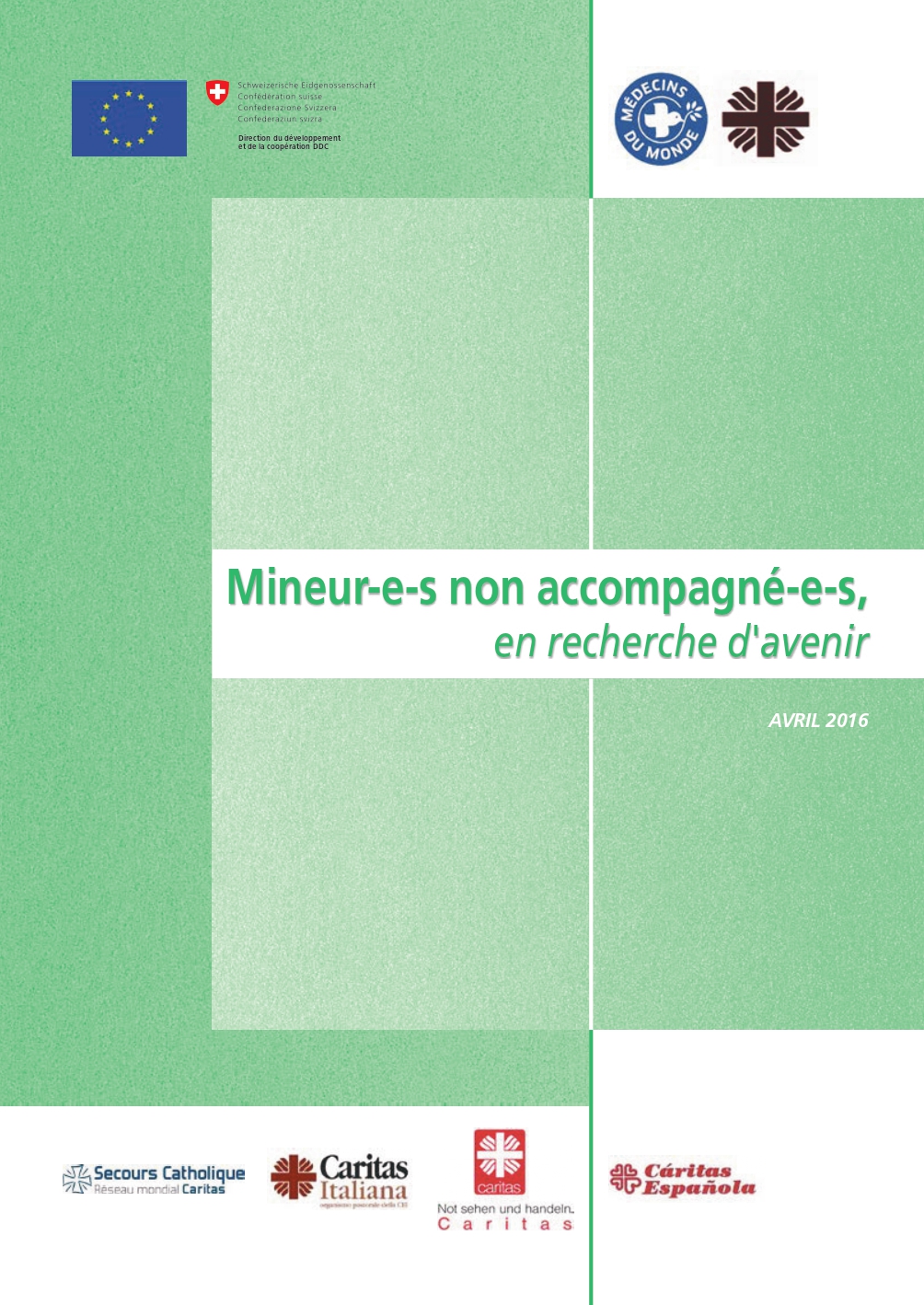Résumé
The study The Trafficking of Women and Children in Morocco, co-authored by Aïda Kheireddine as part of her former consulting firm CD-BE, alongside her then-associate Antonia Carion and legal expert Ms. Michèle Zirari, represents a major advancement in understanding and combating human trafficking. Commissioned by the Moroccan Ministry of Justice and UN Women, this research played a pivotal role in the development and adoption of Law 27-14, now in force, which provides a robust legal framework aligned with the Palermo Protocol.
This study employs a rigorous methodological approach, exploring both national and transnational dimensions of trafficking. It sheds light on various forms of exploitation, including sexual exploitation, forced labor, coerced begging, organ trafficking, and forced marriage. Drawing on the definition of human trafficking established by the Palermo Protocol, the study distinguishes between trafficking patterns specific to Morocco and those linked to transnational flows, often involving sub-Saharan African migrants or Moroccans exploited abroad.
Based on interviews with key stakeholders and empirical analysis, the research spans strategic regions: Morocco, Gulf countries, Nigeria, and Europe (France, Belgium, Spain). This comprehensive approach mapped trafficking networks while identifying gaps in Morocco’s legal framework prior to the enactment of Law 27-14.
A key strength of the study lies in its actionable recommendations, advocating for enhanced prevention measures, improved victim protection, and stronger coordination among national and transnational stakeholders.
Through its scientific rigor and commitment, this research marked a turning point in Morocco’s fight against human trafficking. Combining robust legal and methodological expertise, it has become an essential reference for institutions and organizations working on this issue.
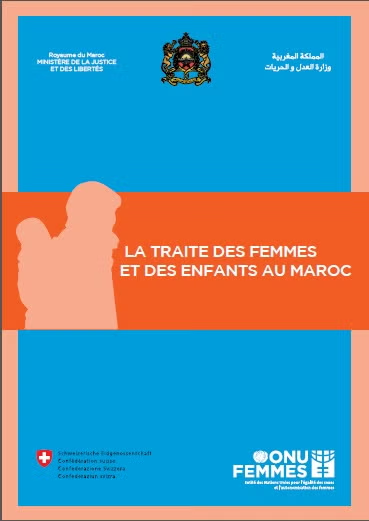

Author
Date de publication
Themes

